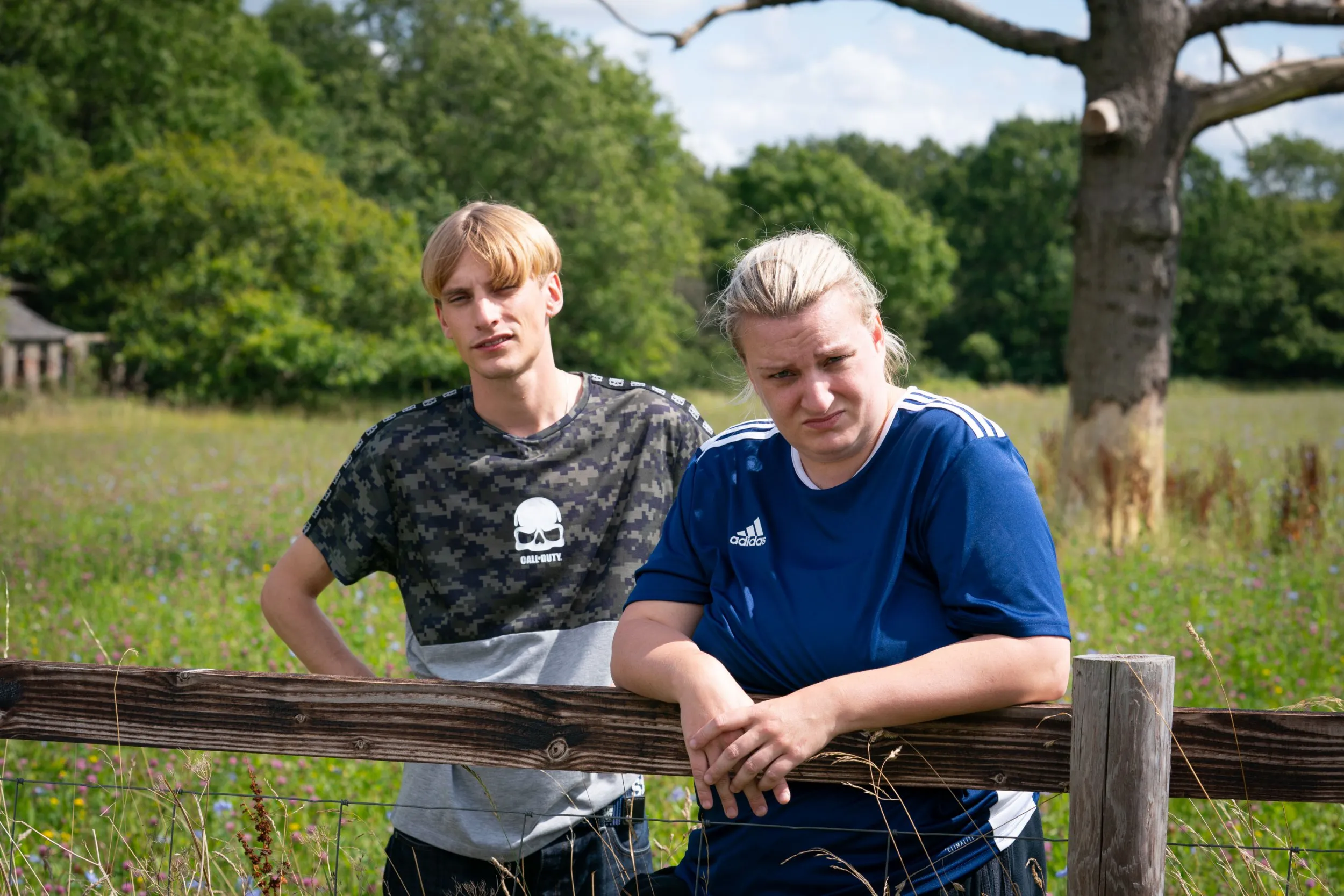Copyright brisbanetimes

Unsurprisingly, the book is sensitive and insightful, and funny at times (a few comments about beef Wellington aside, the humour is cordoned off from the murders themselves). Still, there is also some self-conscious significance-hunting, of the kind that separates the thing called literary non-fiction from straightforward reportage: “The fungal spores are always in the soil, and then the mushroom suddenly shoots out, just as there’s always murderous intent, and sometimes you can see it with the naked eye.” (Hooper) The mushroom metaphors sprout like mushrooms. At the centre of it all is the black box that is Erin Patterson, and the two questions that were endlessly returned to: why did she do it, and how could she think she was going to get away with it? These two questions then merging into one: what kind of person is Erin Patterson? “A person who is overwelmed by her emotions … married into a family who knew how to discipline their emotions.” (Garner) “She’s well-spoken … she moves at a certain altitude. Plus, she’s clearly intelligent and apparently has a sense of humour.” (Krasnostein) “You expect to see a monster, and instead you get a broken person.” (Krasnostein) “I felt that the joke was on us – we thought we were going to get Medea and it was actually Karen.” (Hooper) One take follows another, more or less plausible in turn, but takes are all they are, and they can never be more than plausible. Patterson remains distant still. But why would they not want to write about it? For Garner, it seems largely a matter of not feeling up to covering a long trial; for Hooper, there is more ambivalence about the whole enterprise, more “squeamishness”, being unwilling to become part of the entertainment; with Krasnostein making a distinction between base schadenfreude and a more empathic, identificatory response. The book about the crime is also a book about true crime, that ever-burgeoning, disreputable genre: what kind of person is obsessed with the Erin Patterson trial? Should the three even be there? When Garner and Krasnostein use high-minded phrases like “bearing witness”, Hooper briskly replies, with journalistic class-awareness: “But I guess the Daily Mail and the Herald Sun … will be bearing witness, too” – and many more besides. “Two-hundred-and-fifty-two journalists and outlets are on the court media’s daily email list, including representatives from 15 international media outlets.” When they go to look at Patterson’s house, the scene of the crime, a black SUV appears and seems to be watching them, like an emanation of their own bad conscience.



